U of Toronto study finds US electrification of LDV fleet not a silver bullet for tackling climate change in vehicle sector
Green Car Congress
OCTOBER 1, 2020
A new study by researchers at the University of Toronto has found that current US policies are insufficient to remain within a sectoral CO 2 emission budget for light-duty vehicles that is consistent with preventing more than 2?°C The paper is published in the journal Nature Climate Change. C global warming.

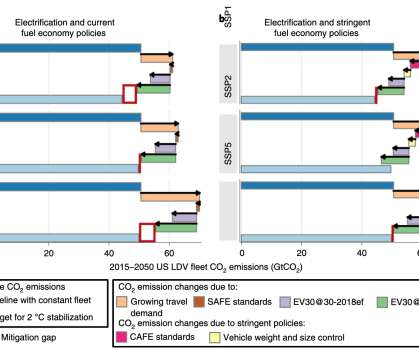
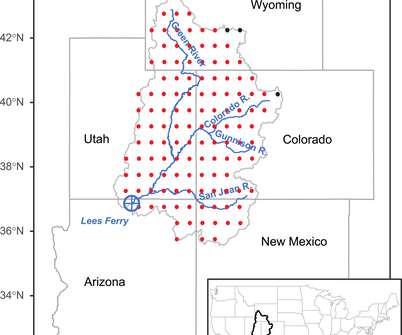









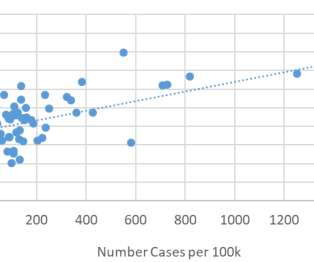


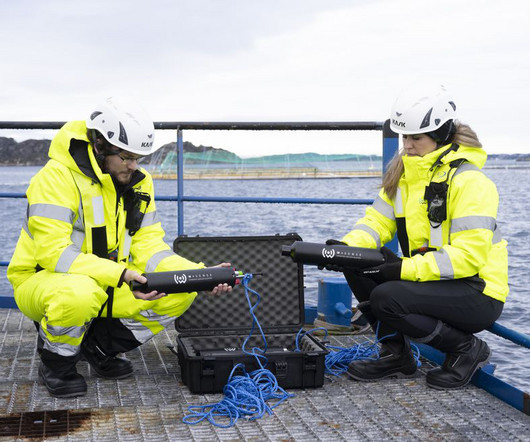
















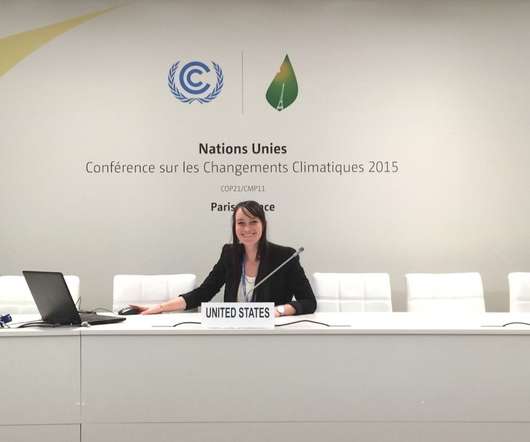







Let's personalize your content